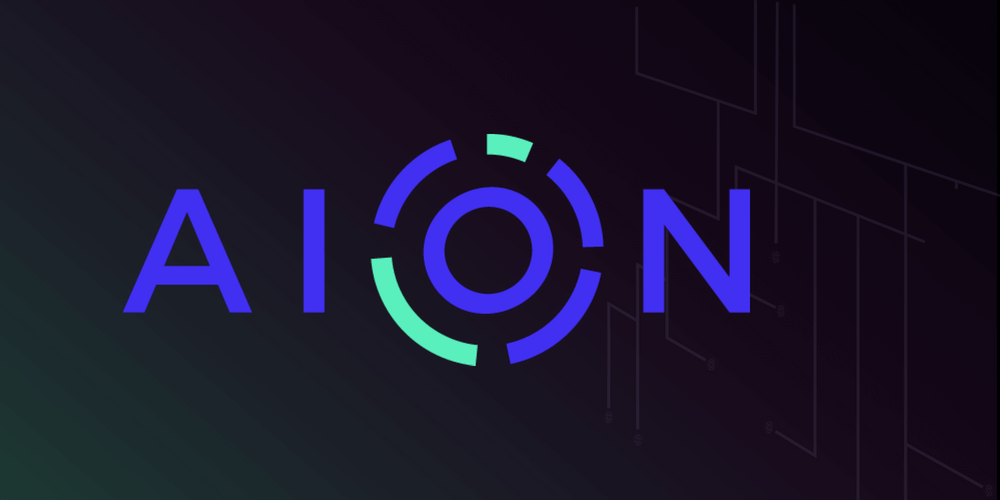
Aion is an open blockchain protocol designed to solve scalability and interoperability problems between different distributed ledger systems. In April, Aion launched the first blockchain interoperability network to allow for the transfer of value and data between different blockchains.
At Consensus 2018, I sat down with Matt Spoke, a former Blockchain Specialist at Deloitte and the CEO of Nuco, the company behind Aion, to discuss his vision for a decentralized internet.
Spoke told me, “The problems that we are identifying in our experience with the internet can mostly be boiled down to challenges of centralization, challenges of trust, and challenges of data ownership and privacy. And it’s such a normal part of lives now that we’ve never really gone back to the drawing board and questioned whether there was a better way to architect the fundamental infrastructure of the internet.”
He hopes that Aion will provide the decentralized platform necessary to end the corporate data oligopoly and ensure that control over the internet is maintained by its users.
“What’s so exciting about this industry is this vision and design for a decentralized internet. What that looks like is leveling the playing field of access. We’ve reinforced a dozen or so massive monopolies around the world that are essentially the gatekeepers of [the internet]. What we’re proposing is that there is a way to architect the system in a more fair, accessible, and democratic way.”
Spoke also acknowledged some of the drawbacks of distributed systems.
“Decentralization as an ethos is really exciting but it’s also extremely inefficient, both in how you organize people as well as how you organize technology. Finding the balance between maintaining fairness and accessibility and reducing the tradeoff of inefficiency is a challenge.”
When asked about how Aion differs from the Ethereum platform, given that the two appear to be attempting to accomplish similar goals, Spoke explained the differences, including how scaling is already a consideration for the platform.
“Ethereum demonstrated the possibility of decentralized trust, not just in financial transactions but in the way applications are built. Some of the limitations [of Ethereum] that are becoming more and more pronounced have to do with the architecture of how that system is intended to scale. We think that we can fundamentally improve the scaling solutions that Ethereum has been proposing. We also don’t think that it’s going to be a single protocol that rules the day.”
I also asked Spoke about Aion’s roadmap. He said, “We just finished launching the first version of our public network—the Kilimanjaro release. That network has been up and operating for about a month. We’ve started demoing our Aion to Ethereum bridge so you can move assets across platforms. We have to mature that system to make sure that it is secure enough for production use, but we’re getting very close.”
Spoke also told me he foresees many cryptocurrency start-up companies that are owned by shareholders but have issued tokens to raise capital facing conflicts between groups of stakeholders.
“I think something that will emerge in the industry in the coming years is conflicts between stakeholders. A lot of the companies in the crypto-space are traditional companies with shareholders and boards. All of a sudden, [these companies] have a new group of stakeholders—their users, their coin holders. I think that conflict will lead to some really difficult governance challenges around who [the company] is accountable to and what the driving motivation of the company is. Our platform will always be accountable to our users, we don’t have shareholders.”

